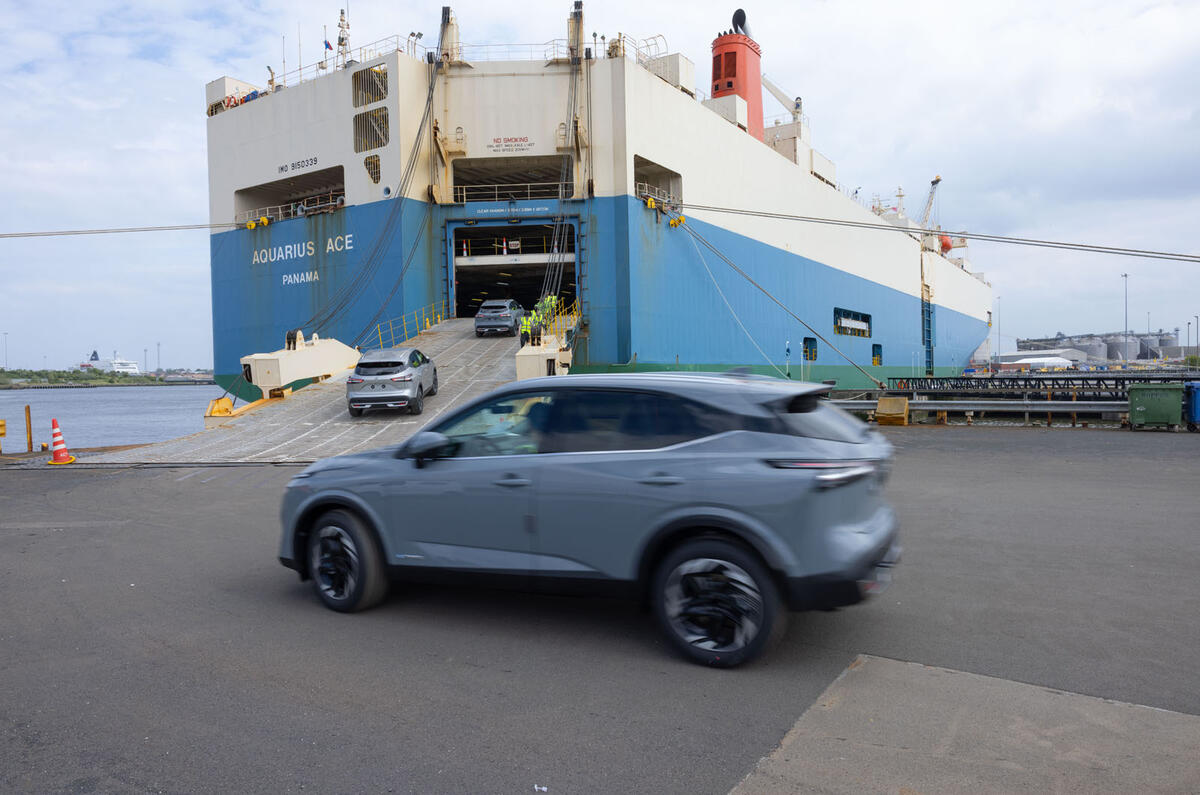UK car production dipped by nearly 8% in the first half of 2024 as the country’s biggest manufacturers refreshed crucial model lines and invested in electrification.
New figures from the Society of Motor Manufacturers and Traders (SMMT) reveal that the UK built 416,074 cars in the six months to July – 34,094 fewer (7.6%) than in the same period last year.




Add your comment